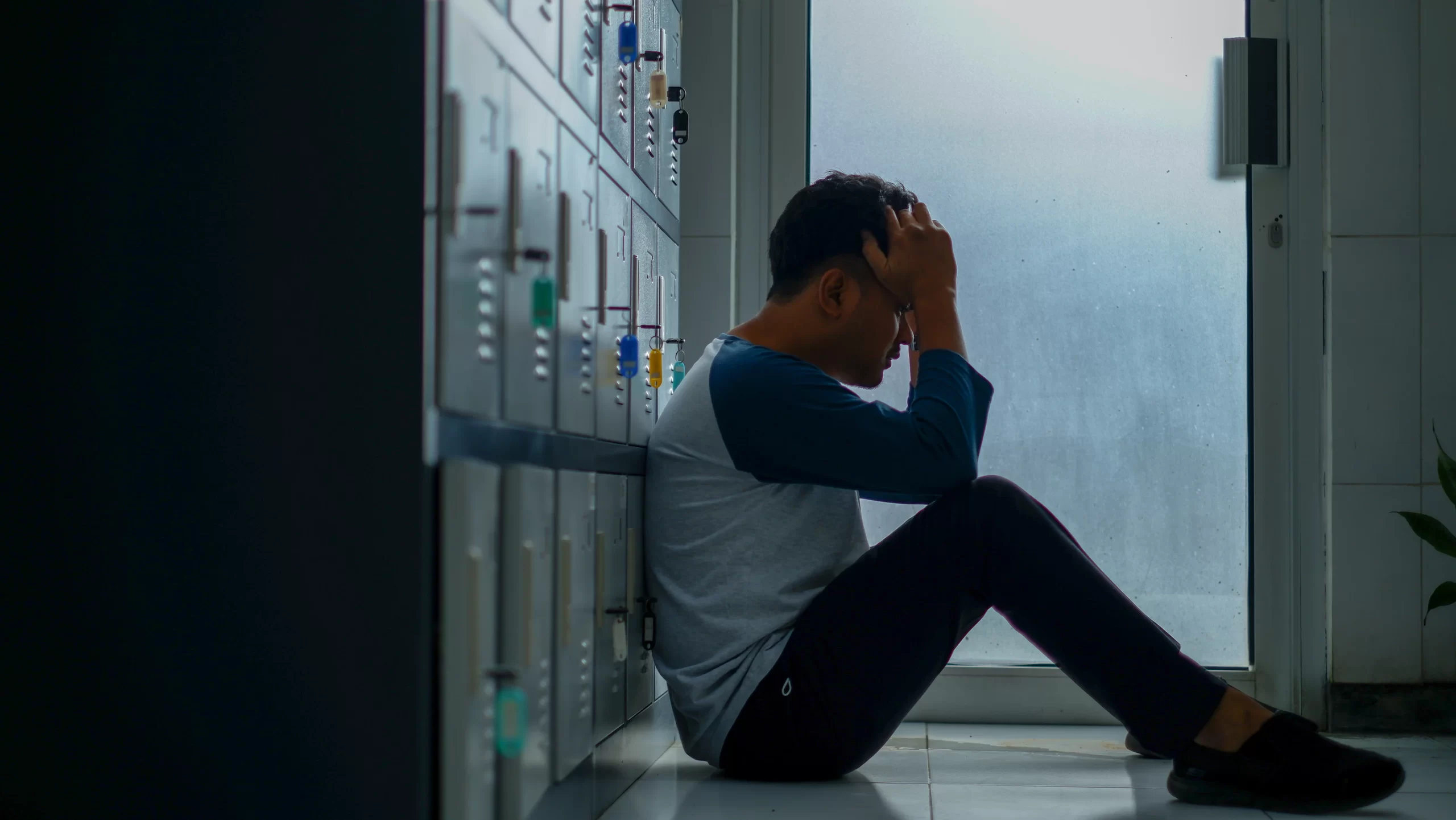Suicide rates and mental health-related hospital visits among youth were rising before the COVID-19 pandemic but surged even higher during the lockdowns, according to a new study.
The study, published in the journal Pediatrics of the American Academy of Pediatrics, analyzed administrative data for emergency department visits coded for suicidal thoughts and ideation from January 2016 to June 2021.
The analysts examined information from Illinois-based hospitals Northwestern University and the Lurie Children’s Hospital of Chicago, and their study sample consisted of children ages 5 to 19.
According to the results, from 2016 through 2017 to 2019 through 2021, the number of emergency room visits for suicidal thoughts increased 59%. The number of visits where suicidal ideation was the primary diagnosis increased from 34.6% to 44.3%.
For youth whose principal diagnosis was suicidal ideation, they were 84% less likely to be hospitalized for it. However, they had a higher chance of hospitalization if coded for another mental health disorder, including anxiety, depression and substance abuse.
While hospital visits for suicidal thoughts increased in Illinois in 2019, the COVID-19 pandemic and subsequent lockdowns appear to have contributed to the rise. The study shows that hospitalizations rose 57% between the pre-pandemic fall and the fall of 2020.
“It just really highlights how mental health concerns were really a problem before the pandemic. I mean, we saw this huge increase in [emergency department] visits for kids of all ages, honestly, in 2019, and it’s very concerning,” one of the study’s co-authors, Audrey Brewer, told CNN.
Brewer went on to note that children who were hospitalized for suicidal ideation also struggled with other mental health issues, such as depression, anxiety and substance use. She called on parents to remain watchful of whether their children exhibited behaviors associated with suicidal thoughts.
“They may act out or have problems sleeping. Irritability and being more withdrawn and isolating themselves are a lot of things that we oftentimes will think about,” Brewer said.
“It’s important for parents to feel empowered to really sit back and listen to their kids and talk to them. Really try to relate and understand what is going on with them and help promote positive relationships.”
The study author believes that there needs to be a more diverse strategy when it comes to supporting children through all different kinds of mental illnesses.
“We need to make sure more children will have safe places to grow and thrive,” she said.
According to a Harmony Healthcare IT survey of 1,055 Gen Zers, ages 18 to 24, in September, nearly 70% of them say COVID-19 negatively impacted their mental health. Forty-seven percent of those assessed in the study were men, 45% were women, and 6% and 2% identify as nonbinary and trans, respectively.
Fifty-seven percent of Gen Zers reported that they were paying an average of $44 a month for some form of medication to help cope with their condition. The most commonly reported mental illnesses among respondents were anxiety (90%) and depression (78%).
Only one in five of those surveyed admitted they spend an average of $149 a month to attend therapy, with 87% of them finding it helpful. Eighty-seven percent of Gen Zers said they generally felt comfortable discussing their mental health issues, compared to 63% who said they’re comfortable discussing their mental health with others.
Most, however, felt comfortable talking about their mental health with friends or relatives. Not many reported feeling comfortable having the same conversation with their boss, strangers, or grandparents.
“More than half (52%) said they feel uncomfortable discussing mental health with their boss. More than one in 10 Gen Zers admitted they have had a conversation with their boss about it, and while 91% of bosses were supportive, about one out of 10 (9%) were not,” the report said.
“With the recent increase of quiet quitting (refusing to do more than what your job description requires), Gen Zers are making sure to take care of their mental health on the job,” researchers continued. “More than three in five (62%) have taken a mental health day off school or work. In the first eight months of 2022, Gen Z has taken an average of three mental health days to recuperate.”
In April, the Centers for Disease Control and Prevention released the results of a survey that analyzed the effects that COVID-19 and the lockdowns had on the mental health of children and adolescents. The survey found that more than four in 10 teenagers felt “sad or hopeless” and one in five contemplated taking their own lives.
The CDC conducted the study during the first half of last year, finding that more than 44% of students in the ninth through 12th grades experienced persistent feelings of sadness or hopelessness.
More than 37% of students experienced poor mental health overall, with 19.9% of youths seriously considering attempting suicide and 9% attempting it during the pandemic-related school closures in 2020.
Students who were unable to remain in contact with friends during COVID-19 (45%) suffered greater negative effects on their mental health than those who remained in touch with close friends (28.4%).
Over 50% of students who longer felt close to their friends reported persistent feelings of sadness or hopelessness, compared to 35.4% of those who stayed in contact with friends even during the school closures.
“The same pattern was observed among students who were virtually connected to others during the pandemic (i.e., with family, friends, or other groups by using a computer, telephone, or other device) versus those who were not,” the study notes, adding, “Comprehensive strategies that improve feelings of connectedness with others in the family, in the community, and at school might foster improved mental health among youths during and after the COVID-19 pandemic.”
By Samantha Kamman, Christian Post Reporter
Samantha Kamman is a reporter for The Christian Post. She can be reached at: [email protected].
Originally published on The Christian Post
(c) The Christian Post, used with permission




